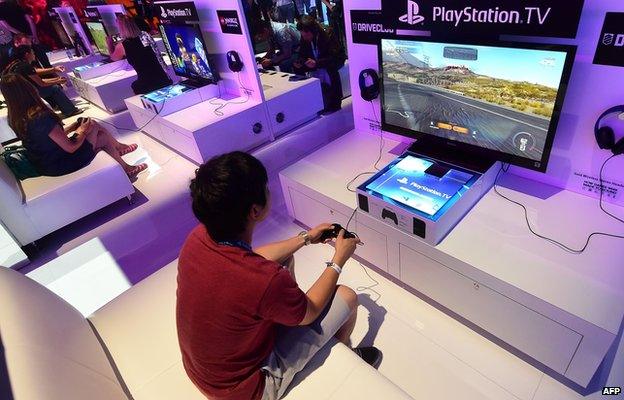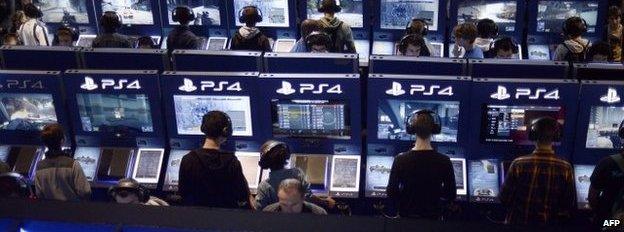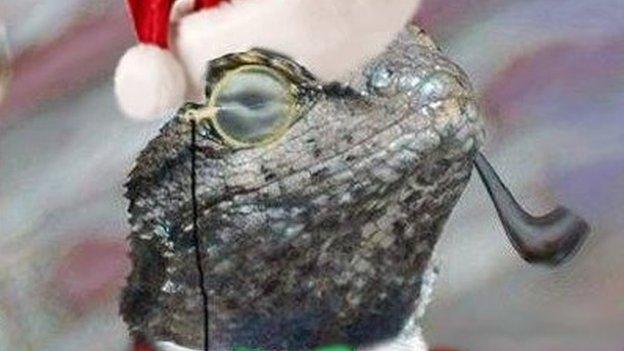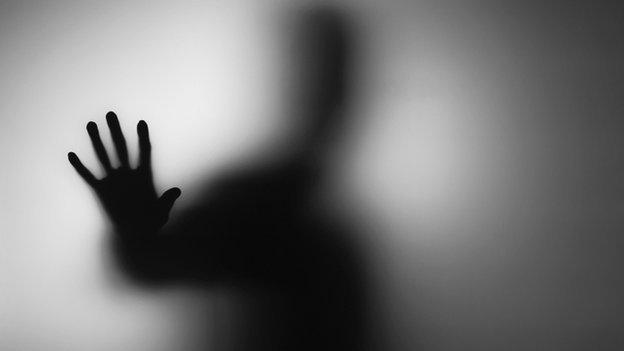Xbox and PlayStation resuming service after attack
- Published

Xbox Live and PlayStation have more than 150 million users between them
Microsoft and Sony have been working to restore internet platforms for their Xbox and PlayStation games consoles.
Attacks disabled the online services on Christmas Day, making it difficult for users to log on.
The Xbox Live status page, external suggested on Saturday that Microsoft services had been restored. PlayStation said, external it was getting to grips with the issue and thanked users for their patience.
A hacking group called Lizard Squad claimed to have caused the problems.
The name is the same used by a group of hackers that has targeted Sony in the past.
Microsoft's Xbox Live has 48 million subscribers and Sony's PlayStation system has more than double that number, at about 110 million users.
In a tweet posted on Saturday morning, PlayStation said: "Update: PS4, PS3, and Vita network services are gradually coming back online - thanks for your patience."
A later statement said: "We are seeing reduced reports of network issues. We'll continue to monitor."
'Member Two'
A hacker claiming to be from Lizard Squad - a 22-year-old calling himself Member Two - said it had hacked the sites "because we can".
He also suggested the motive was to demonstrate weaknesses in the two companies systems.
"It's just such a huge company Microsoft... Do you not think they should be able to prevent such an attack?" he told BBC Radio 5live.
"Is Christmas really about children playing with their new consoles, or playing with their new toys, or is it about them spending time with their families and celebrating Christmas?" he added.
"I think everyone's just taking it all out of the ordinary."

Analysis: Rory Cellan-Jones, BBC technology correspondent

Sony executives must be asking themselves - when will it stop?
The attack on the PlayStation network - along with Microsoft's Xbox Live network - is nothing like as serious and sophisticated as the Sony Pictures hack.
But the impact on customers is more direct, and the fact that the company has taken longer than Microsoft to get its network up and running is another blow to the reputation of its security operation.
The distributed denial of service attack which overwhelmed the servers at Sony and Microsoft appears to have been on a very large scale, and came when traffic would have already been very high.
But customers are just as angry with Lizard Squad, the group which claims it launched the attack - and has since justified it with some rather pompous statements about exposing poor security.
The group now appears to have set its sights on bringing down Tor, the secure network which enables anonymous online communication. That has incurred the wrath of the better known hacker collective Anonymous - so prepare for more online conflict in the coming days.

Services disconnected
To make the most of the Xbox and PlayStation consoles players have to connect to the internet in order to reach the console manufacturers' servers.
The outage stopped people accessing some core services, such as registering a new account, connecting with other people to play the same game and connecting to entertainment channels via the console.
A hacking group called Lizard Squad claimed to have caused the problem
Earlier this month a different branch of Sony - Sony Pictures Entertainment - was hit by a cyber attack that stole huge amounts of data from its servers.
The fallout from that hack soon focussed on The Interview, a film featuring a fictional plot to assassinate North Korea's leader Kim Jong-un.
No link between Sony Pictures hack and the gaming service disruptions has been confirmed.
However, the latest disruption did mean that many families were unable to enjoy their new Christmas presents.
In the UK, Ros Bruce, from Essex, said her 10-year-old son got an Xbox One for Christmas, had spent most of the day in tears, and called for Xbox to provide compensation.
Ian Hornby, from Lancashire, spent a frustrating time trying to connect a new PlayStation to the Sony network, and said he hoped that the electronics giant would now invest in better protection for its systems.
- Published27 January 2015

- Published22 August 2014

- Published8 December 2014